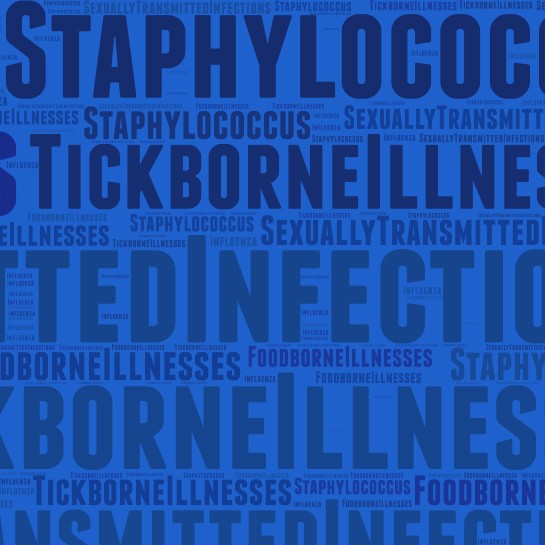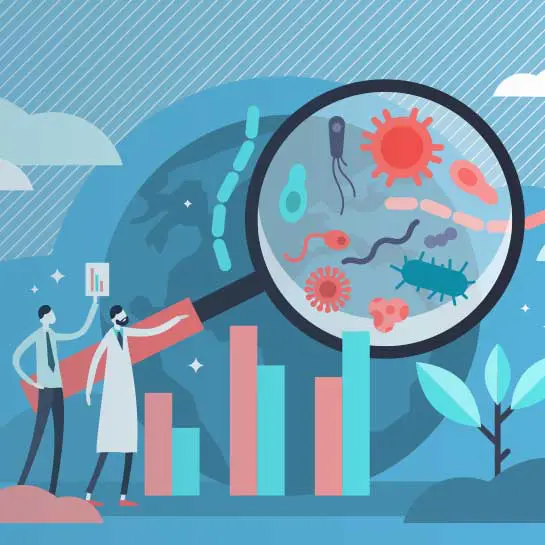Chlamydia
Treatment
Chlamydia is one of the most common sexually transmitted diseases. The Centers for Disease Control and Prevention (CDC) estimated that in 2017 there were 1.7 million diagnosed cases. Men and women who have chlamydia often don’t know they have it because most people don’t have any symptoms. But, even if you have no symptoms, there can be serious consequences to leaving it untreated. For women, it can lead to Pelvic Inflammatory Disease (PID), which can cause infertility and problems with pregnancy. Babies who are born while the mother is infected can develop pneumonia and eye infections. That’s why it is critical to get tested regularly and treated properly. At ID Care, we have more than 40 board-certified physicians who can screen and treat you for chlamydia and other sexually transmitted diseases today.
The Cause and Symptoms of Chlamydia
Chlamydia is caused by bacteria that typically infect the urinary tract. It is spread through vaginal, anal, and oral sex.
A majority of people who have chlamydia don’t experience any symptoms at all. If symptoms do occur, it is usually within one to three weeks after exposure. You may experience:
- A burning feeling when urinating
- Abnormal discharge from the vagina or penis
- Lower abdominal pain
- Painful sexual intercourse for women
- Testicular pain for men
Diagnosis and Treatment of Chlamydia at ID Care
It is relatively easy to get screened for chlamydia. At ID Care, we will typically test a urine sample for signs of infection and may test a swab of discharge from the cervix in women or the urethra in men.
If you have chlamydia, we will either prescribe a one-time dose of antibiotics or a daily antibiotic that needs to be taken for 5 to 10 days. Most cases of chlamydia, that are treated, resolve within a week or two.
During treatment, it is important to abstain from sex. You should also inform your partner, as they will likely need to be treated as well. If your partner goes untreated and you continue to have sex with them, you are likely to contract chlamydia again.
Avoiding Chlamydia
Because of the prevalence of chlamydia among younger people and the serious complications it can have for women’s reproductive health, we recommend that sexually active women aged 25 and under get tested annually.
You can reduce your risk of contracting the disease by using condoms, avoiding douching, regulating the number of sexual partners you have, and getting tested on a regular basis.
Receive Expert Treatment for STDs at ID Care
At ID Care, our physicians are trained to provide comprehensive sexually transmitted disease care. If you believe you are suffering from chlamydia or another sexually transmitted disease, contact us at one of our nine convenient locations to set up an appointment or learn more about our services.




